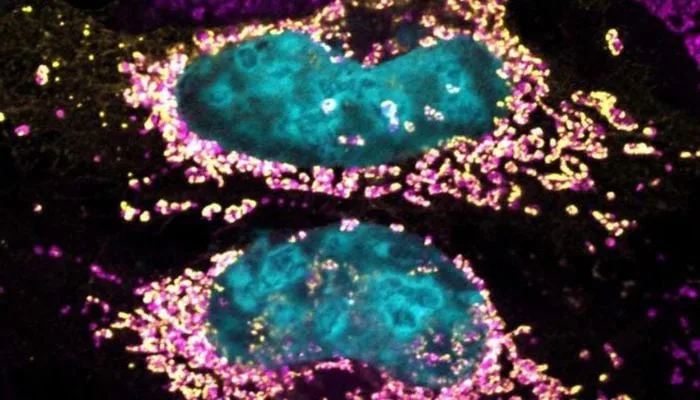Spanish Scientists Discover Protein That Could Help Destroy Cancer Cells
Exciting news from Spain! Scientists have identified a unique protein produced by a specific bacterium that shows promise in triggering self-destruction in cancerous cells. This groundbreaking discovery, detailed in a new research publication, offers a potential new avenue for cancer treatment.
The Key Discovery: A Special Protein
The research centers around a particular protein secreted by a certain type of bacteria. This protein exhibits the remarkable ability to target and induce apoptosis – programmed cell death – specifically in cancer cells.
How it Works:
- The protein selectively targets cancerous cells.
- It initiates the process of apoptosis within these cells.
- This leads to the self-destruction of the cancerous cells, potentially halting tumor growth.
Potential Implications for Cancer Treatment
This discovery could revolutionize cancer therapy by providing a more targeted and effective approach. Unlike traditional treatments like chemotherapy, which can harm healthy cells, this protein targets cancer cells specifically, minimizing side effects.
Benefits of this approach:
- Targeted therapy: Attacks cancer cells directly.
- Reduced side effects: Spares healthy cells from damage.
- Potential for improved treatment outcomes.
Future Research and Development
While these findings are encouraging, further research is crucial to fully understand the protein’s mechanism and optimize its use in cancer treatment.
Next steps include:
- Conducting more in-depth studies on the protein’s interaction with cancer cells.
- Exploring methods to enhance its efficacy and delivery.
- Initiating clinical trials to evaluate its safety and effectiveness in humans.
Final Words
The discovery of this protein marks a significant step forward in the fight against cancer. With continued research and development, this breakthrough could pave the way for more effective and less toxic cancer therapies, offering hope for improved outcomes and a better quality of life for patients.



+ There are no comments
Add yours